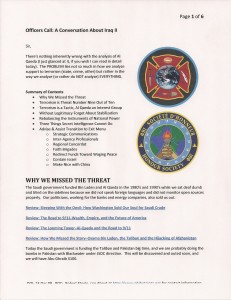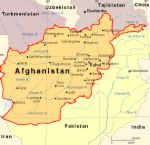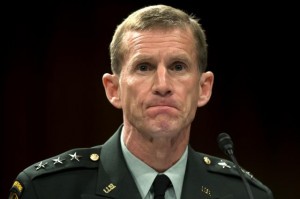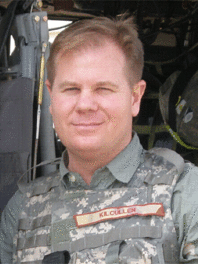 Boats in Bangladesh. Photo credit: Ahron de Leeuw. |
Home to well over one-fifth of the population, South Asia continues to be a hotbed of conflict and upheaval. Human rights abuses, the war in Afghanistan, and climate change all present critical challenges to the region and to U.S. foreign policy. In our new focus, FPIF contributors examine current obstacles and future solutions in South Asia.
U.S. military strategy in Afghanistan is built on two coups, one in Kabul and the other in Islamabad, writes Shibil Siddiqi in Obama's Surge and Pakistan.
The AfPak Train Wreck: Conn Hallinan says that the president's goals in escalating the war in Afghanistan are deeply flawed. Just ask the Russians.
Adil Shamoo, in Nation-Building in Afghanistan, writes that the United States can learn from the mistakes made in Iraq to craft a new approach for that country.
Robert Naiman, in ‘Legitimacy' in Afghanistan, points out that escalation has just brought more death and destruction. More escalation could close off opportunities for a political solution.
Much of the Afghanistan debate has been centered in the U.S. But what do Afghans think? Gabriela Campos interviews Mariam Nawabi in Underlying Causes of Security in Afghanistan.










